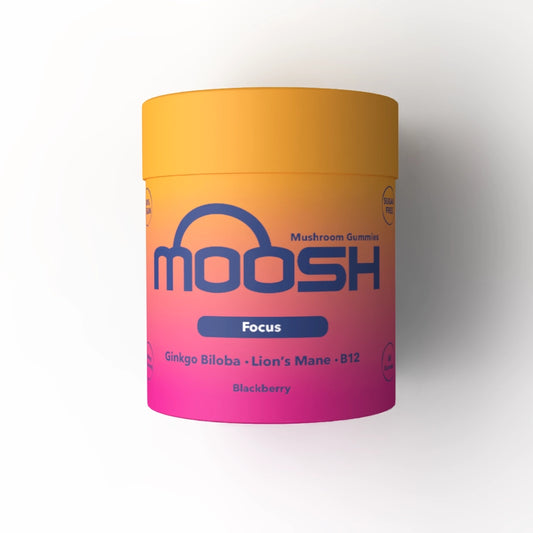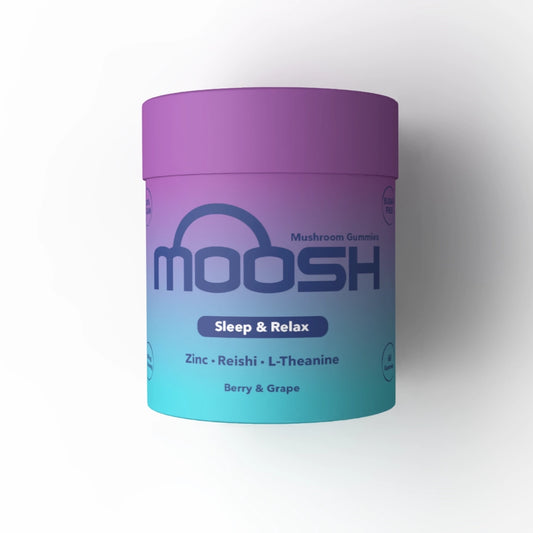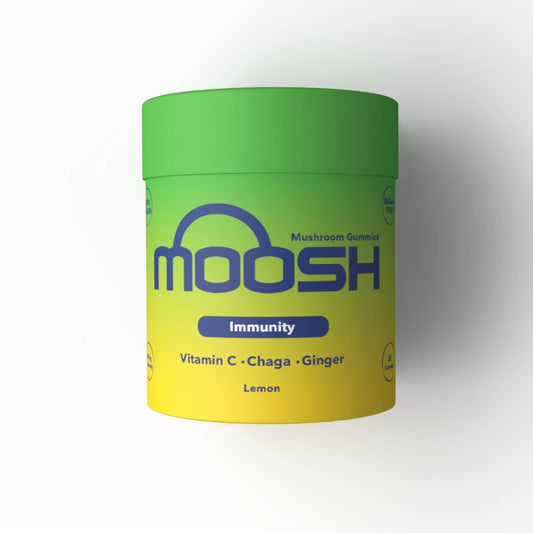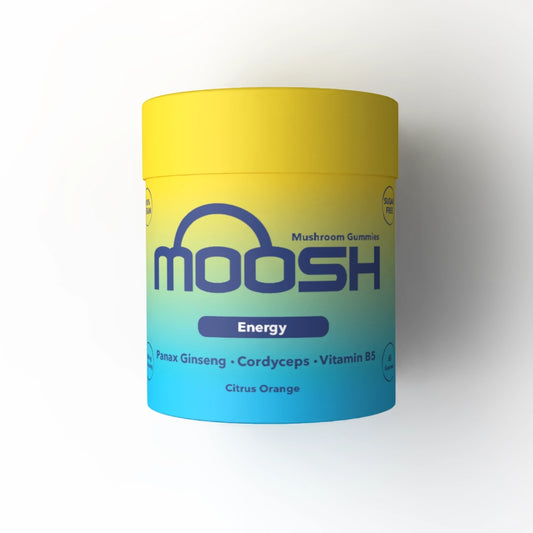In the realm of natural remedies, few substances have garnered as much attention and acclaim as the Chaga mushroom. Revered for its purported health benefits, this fungus has a rich history steeped in traditional medicine and a growing body of scientific research supporting its potential therapeutic properties. From ancient civilizations to modern wellness enthusiasts, the Chaga mushroom continues to captivate and intrigue. In this comprehensive exploration, we delve into the history, biochemistry, and health benefits of Chaga, shedding light on its remarkable potential for promoting well-being.
Short History
The story of Chaga spans centuries and continents, with its roots firmly planted in traditional medicine practices across various cultures. Indigenous peoples in Siberia, Russia, and other parts of Asia have long revered Chaga as a medicinal treasure, using it to treat a wide array of ailments. In Siberia, it was known as the "King of Herbs," while in Chinese medicine, it was valued for its purported immune-boosting properties.
In more recent times, Chaga has gained recognition in the West, thanks in part to the work of explorers and researchers who have uncovered its potential benefits. Today, Chaga supplements, extracts, and teas can be found on the shelves of health food stores and online retailers, as wellness enthusiasts seek out its purported health-enhancing effects.
Understanding the Composition of Chaga
Chaga (Inonotus obliquus) is a type of fungus that typically grows on birch trees in cold climates. Its distinctive appearance, resembling a burnt mass or a clump of charcoal, belies its potent medicinal properties. What sets Chaga apart are its rich bioactive compounds, which include polysaccharides, polyphenols, triterpenes, and melanin.
Polysaccharides, such as beta-glucans, are known for their immune-modulating effects, helping to regulate the body's immune response and enhance overall immune function. Polyphenols, including flavonoids and phenolic acids, possess antioxidant properties, scavenging free radicals and reducing oxidative stress in the body. Triterpenes, such as betulinic acid, have been studied for their potential anti-inflammatory and anti-cancer properties. Melanin, the pigment responsible for Chaga's dark coloration, is thought to contribute to its antioxidant activity and may have protective effects against UV radiation.
Together, these bioactive compounds work synergistically to support various aspects of health and well-being, making Chaga a versatile and potent natural remedy.
Benefits of Chaga Mushroom
The health benefits attributed to Chaga mushrooms are extensive and varied, drawing support from both traditional knowledge and scientific inquiry.
Among its notable attributes, Chaga is renowned for its capacity to bolster immune function. Studies indicate that Chaga's polysaccharides have the potential to stimulate the production of immune cells and enhance the activity of natural killer cells, pivotal defenders against pathogens and cancerous cells.
Additionally, Chaga boasts a wealth of antioxidants, essential compounds renowned for their ability to counteract harmful free radicals and mitigate oxidative stress within the body. By intercepting free radicals, Chaga may offer protection against a spectrum of chronic ailments, including heart disease, cancer, and neurodegenerative disorders.
Chronic inflammation, a contributing factor to numerous health conditions such as arthritis, diabetes, and cardiovascular disease, is another target of Chaga's therapeutic arsenal. Research has demonstrated that Chaga's triterpenes and other bioactive components possess potent anti-inflammatory properties, potentially alleviating inflammation and its associated symptoms.
In traditional medicine, Chaga has long been esteemed for its role in supporting digestive health. Emerging research suggests that it may help shield against gastric ulcers and foster the proliferation of beneficial gut bacteria, promoting gastrointestinal well-being.
Moreover, preliminary studies hint at Chaga's promising anti-cancer properties, with evidence suggesting inhibition of cancer cell growth and dissemination in both laboratory experiments and animal models. These effects are thought to stem from Chaga's multifaceted action, encompassing antioxidant, immune-modulating, and anti-inflammatory mechanisms.
How to Include Chaga Mushroom in Your Daily Routine
Integrating Chaga mushroom into your daily regimen is effortless and accessible, facilitated by the wide availability of Moosh mushroom gummy supplements.
For individuals desiring a consistent and regulated intake, Moosh offers Chaga supplements in the form of chewable gummies. These convenient supplements can be seamlessly incorporated into your daily routine, serving as a foundational element of a holistic wellness regimen.
Each serving consists of two gummies infused with 1600 mg of Chaga extract, providing a potent dose of this revered medicinal mushroom. With the simplicity of chewable gummies, maintaining a regular Chaga intake has never been easier.
Conclusion
From its ancient origins in traditional medicine to its modern-day resurgence as a wellness powerhouse, Chaga mushroom continues to captivate and inspire. Its rich bioactive compounds, including polysaccharides, polyphenols, triterpenes, and melanin, offer a myriad of potential health benefits, ranging from immune support to antioxidant protection and beyond. While more research is needed to fully understand its mechanisms of action and therapeutic potential, the evidence thus far suggests that Chaga holds great promise as a natural remedy for promoting health and well-being. Whether enjoyed as a soothing tea, a concentrated extract, or a convenient supplement, Chaga mushroom invites us to tap into the healing power of nature and embark on a journey toward optimal health.






